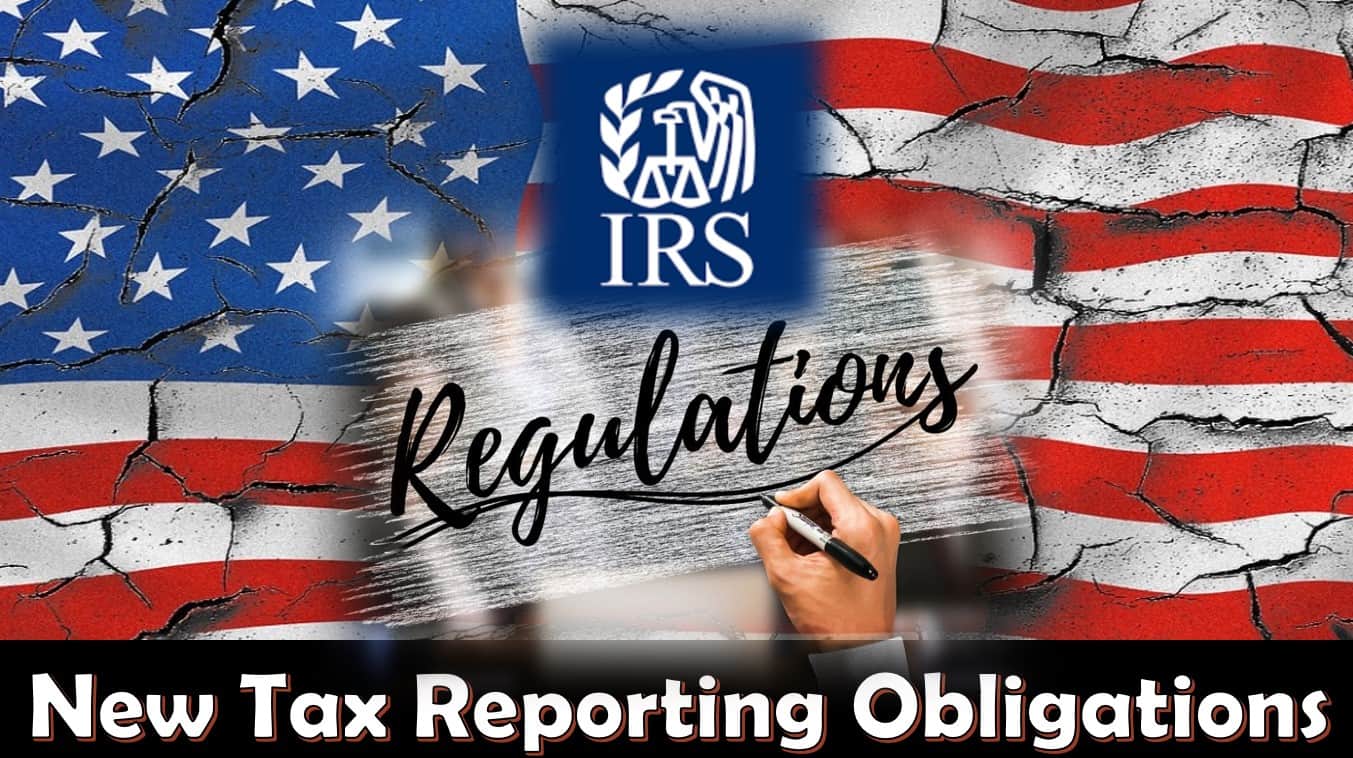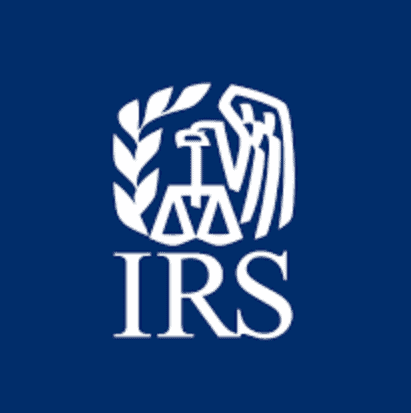
New Crypto Reporting Rules: The $10,000 Question
The Internal Revenue Service (IRS) has recently introduced new cryptocurrency regulations that require both individuals and businesses in the United States to report any crypto payments received that are valued over $10,000.
This regulation requires filling out Forms 8300 or IRC 6050L, aligning tax reporting on digital assets with traditional forms of income.
New Reporting Requirement
Under the new IRS rules, any “trade or business” transactions involving cryptocurrency valued at $10,000 or more must be reported. This includes payments from Decentralized Autonomous Organizations (DAOs), startups, clients, or other businesses.
The IRS’s Form 8300 requires the reporting of the identifying information of the individual from whom the crypto was received, including their name, social security number, address and occupation.
Simply put, if you receive any cryptocurrency payment worth $10,000 or more, you are required to report it to the Internal Revenue Service (IRS)
This new reporting obligation came into existence as part of the Infrastructure Bill which was signed into law by President Biden in November 2021.
Failure to comply with these reporting obligations can result in serious legal consequences. Failing to report a qualifying transaction within 15 days means violators could be charged with a felony.
You may wonder how the IRS will enforce this rule. The answer lies in its self-executing nature.
This means that the rule automatically applies whenever a qualifying transaction occurs, and legal authorities can enforce it without requiring any additional action from lawmakers.
Therefore, the onus is on the individuals and businesses involved in cryptocurrency transactions to ensure they are complying with these new regulations
Uncertainties and Implications
However, uncertainty surrounds these new regulations as the IRS has not yet clarified how they affect crypto traders, investors, and organizations.
I’ll try to clarify as much of this as possible given my research and the available information as of the writing of this article.
This is NOT FINANCIAL, LEGAL OR TAX ADVICE. Consult professionals in your area for accurate information about your specific circumstances
The first thing to understand is that this requirement is the obligation of anyone operating in the U.S. This includes freelancers, sole-proprietors, LLCs and corporations.

Payments From U.S. Persons or Entities
It appears that you are only required to report these transactions if you received this money from a U.S. based business or citizen.
Apparently if this money was received from a business or entity outside of the U.S., this reporting requirement should not apply.
Airdrops, Mining, Staking
This area is a bit more ambiguous.
It would appear that if you are a business, you are required to report qualifying income from airdrops, mining or staking operations.
Though it appears as though income received as an individual may not qualify, I again urge you to seek out the advice of a professional in your area.
Legal Challenge
Though this reporting obligation did take effect on Jan 1, CoinCenter crypto advocacy group has challenged the rule.
As they challenge the new rule, the advocacy group argued
“the problem is many will find it difficult to comply with what is supposedly a straightforward (if unconstitutional) new obligation.”
In their argument, CoinCenter points out the near impossibility of miners, validators and decentralized exchanges to comply with this obligation.
The suit, which was filed in July 2022, is still pending.
Looking Ahead
As the IRS continues to refine its approach to cryptocurrency, it is anticipated that further guidance will be released to address these uncertainties.
Until then, individuals and businesses engaged in large crypto transactions should prepare to meet these new reporting requirements and consult with a tax professional to ensure compliance.
To navigate this new landscape, consider seeking advice from tax professionals or legal experts familiar with cryptocurrency regulations. They can help you understand your obligations and avoid potential legal pitfalls.
Disclaimer
The information provided here is for INFORMATIONAL & EDUCATIONAL PURPOSES ONLY!
View our complete disclaimer on our Disclaimer Page






